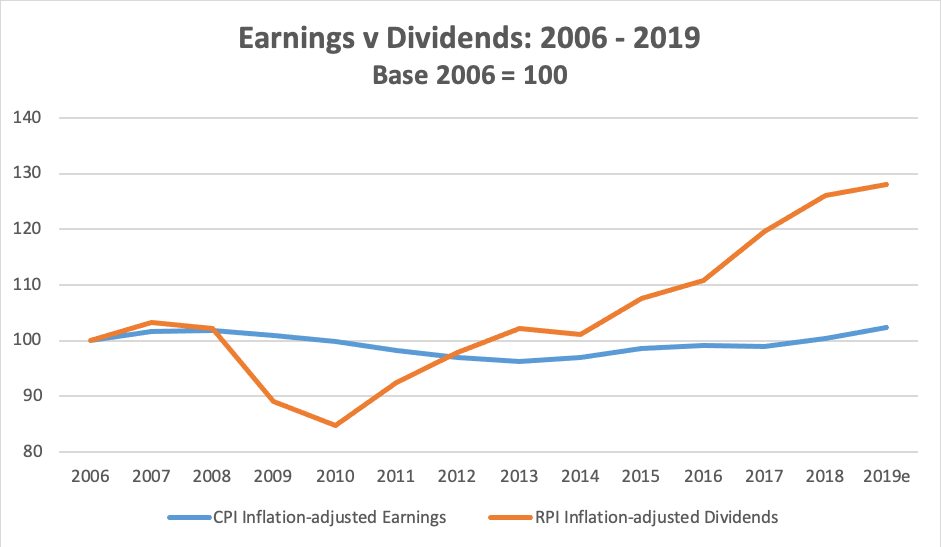How much has your income increased over the last year? The latest data from…

The £50Bn exodus
It is now nearly 40 months, two elections and five Budgets ago since George Osborne turned the pension world upside down with his pension flexibility proposals. The majority took effect from April 2015 and have had a dramatic effect on how benefits are drawn from personal pensions and similar money purchase pension arrangements. Statistics from the Financial Conduct Authority (FCA) released earlier this year revealed that amongst those accessing their pension pots for the first time, using pension flexibility is more than twice as popular as buying an annuity.
The knock-on effects
The reforms introduced by Mr Osborne left the traditional final salary (defined benefit) pension scheme virtually untouched. Retirement benefits from such schemes remain largely inflexible: once the mix between pension and initial cash lump sum is decided, very little can change.
The original consultation paper on pension flexibility, published in March 2014, commented that’…the government recognises that the attractiveness of transferring from defined benefit to defined contribution may increase as a result of the changes to the tax framework for how defined contribution pension savings can be accessed’.
That has proved to be something of an understatement. Although transfers from nearly all public sector schemes have been effectively banned, one recent estimate suggested that £50bn had been transferred out of defined benefit pension schemes between April 2015 and May 2017 by 210,000 scheme members, an average transfer value of about £240,000 each. That near quarter of a million pound figure in part reflects the sharp rise there has been in transfer values since the start of 2016.
Enter the regulator…
In June, over three years after the original flexibility announcement, the FCA issued a consultation paper on transfers from defined benefit schemes, proposing stricter advice requirements and a new form of benefit comparison which, at long last, accepts that most transfers will not now result in the purchase of an annuity. The regulator also subtly revised their stance towards such transfers. At present the FCA says an adviser should start from the assumption that “a transfer will be unsuitable”. The proposals remove this default assumption and replace it with a statement in the FCA’s Handbook that “for most people retaining [final salary scheme] benefits will likely be in their best interests and guidance that advisers should have regard to this”.
The FCA says that this different approach stems from the fact that “…the introduction of the pension freedoms has altered the options available and for some consumers, a transfer may now be suitable when it wasn’t previously”.
Action
The fact that £50bn has been transferred out of final salary schemes is no reason to assume it is the right course of action in every instance. If you have private sector pension benefits from a former employer or a closed scheme of your current employer then, to paraphrase the FCA, you are probably best off leaving them there. However, that is not the same as saying you should do nothing. You may be one of those people for whom pension flexibility means a transfer makes sense.
Past performance is not a reliable guide to the future. The value of investments and the income from them can go down as well as up. The value of tax reliefs depend upon individual circumstances and tax rules may change. The FCA does not regulate tax advice. This newsletter is provided strictly for general consideration only and is based on our understanding of law and HM Revenue & Customs practice as at July 2017. No action must be taken or refrained from based on its contents alone. Accordingly no responsibility can be assumed for any loss occasioned in connection with the content hereof and any such action or inaction. Professional advice is necessary for every case.
October 2017


